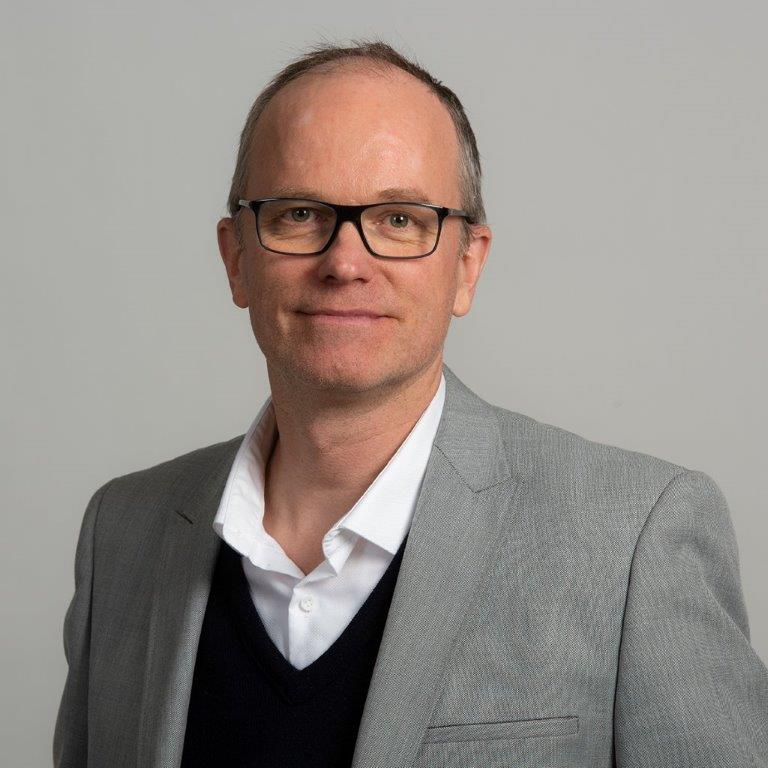
Pascal XAVIER, received the Ph. D. degree in Physics from the University of Grenoble, France, in 1994. He was also graduated from Grenoble INP in electrical engineering in 1988. From 1994 to 2003, in the CNRS, his research interests were dealing with numerical methods for the analysis of coupled thermo-electromagnetics problems and design of microsensors in the fields of microwaves.
He joined the Centre for Radiofrequencies, Optics and Microelectronics of the Alps (CROMA) of Grenoble in 2003 where he is currently team leader and coordinator of a Horizon Europe EIC Pathfinder Challenges project on responsible electronics. His research interests include design, realization and test of sustainable microwave devices and sensors for environmental applications, bioelectromagnetism and characterization of complex materials.
He is Full Professor in the Department of Electrical Engineering, Technology University Institute of Grenoble (UGA), involved in teaching of Electronics and Physics.
![]()